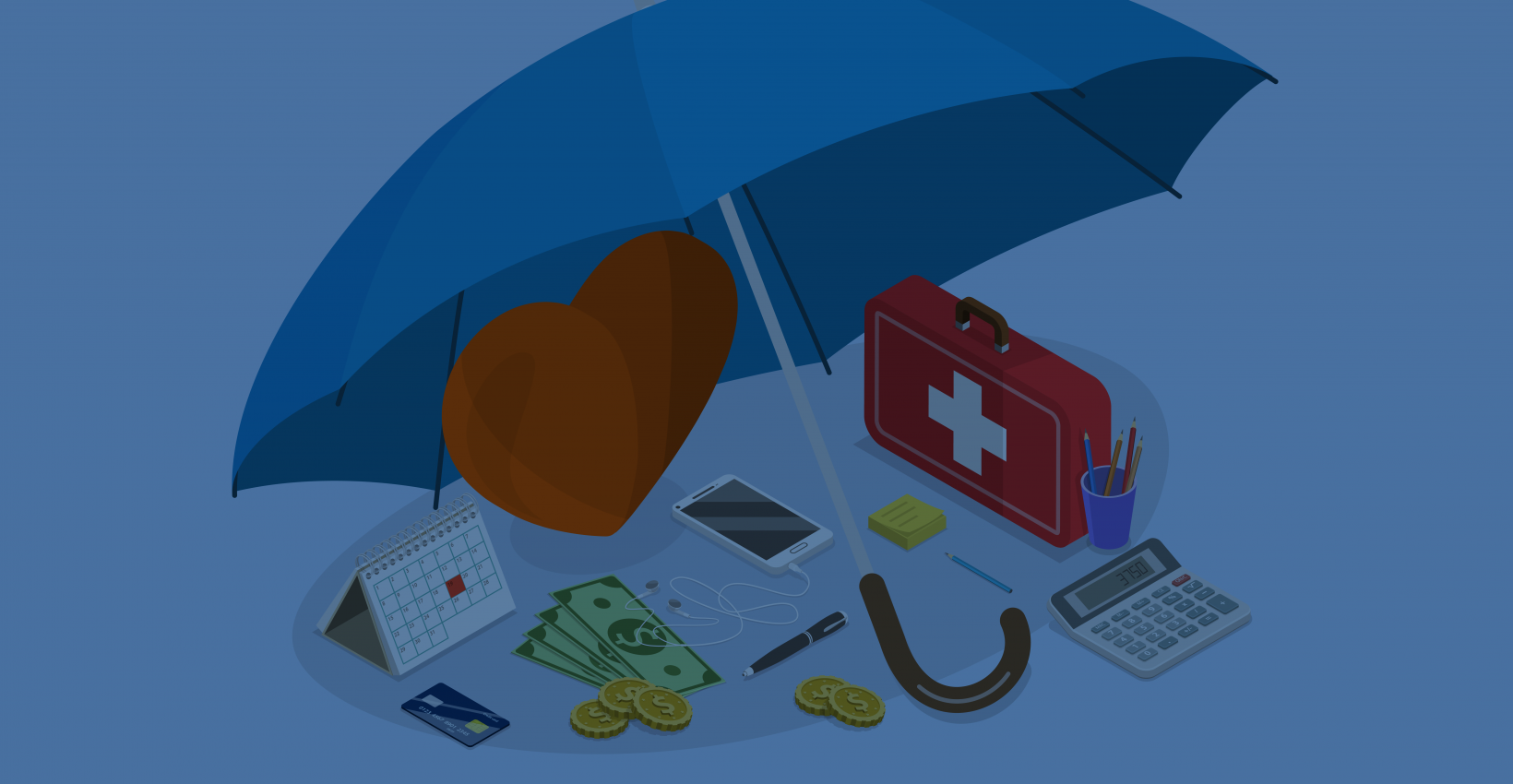Maximizing your emergency savings

Keeping an emergency savings fund just makes good financial sense. Not only does it help keep you from relying on credit when an emergency arises, but it’s also just good for your stress levels! Knowing you have money set aside — even $500 is a great start, with the end goal of 3-6 months of expenses — can make a world of difference. But here’s a question that often gets overlooked: Where is the best place to keep your emergency funds? We’ve compiled some helpful information to get you started.
The truth about compound interest
Often, we have an expectation that our money — all our money — should be earning interest. Compound interest really is a great thing where your investment or retirement account is concerned, or college savings accounts for the kids or grandkids. The interest rate is usually comparatively high, there may eventually be a substantial amount of money involved, your money often has time to do its thing, and you may have a portfolio manager to work their magic. Compound interest is not so great when high interest debt stacks up against you. Either way, these are examples of compounding returns having the ability to have a significant impact on your lifestyle.
Folks looking at checking and deposit account interest rates might be hesitant to park their money as they perceive it to be underperforming. They can’t stand the thought of their money not earning what they consider to be its full potential. But truly, the interest you earn on your savings or checking account almost certainly won’t have the same impact as the major accounts (or debt) that we mentioned.
Go for stress-free
There are many things to worry about in life, and the point of emergency savings is to relieve financial and physical stress. The amount of interest you’re earning on your emergency fund shouldn’t be a stressor. When you have accumulated a comfortable amount in your savings, go off in search of an investment account for the excess, but for now, rest easy.
The case for a “regular” savings account
Savings accounts are undervalued, as having accessible money on standby is a sure sign of financial fitness, which is everyone’s ultimate goal, right? There is a great benefit to having liquid money sitting in a savings account, even if it’s not earning much interest. When that emergency happens and you need cash at the ready, that’s just what you’ll have.
The case against the can
Sometimes, people talk about storing their rainy day funds in a coffee can or under the mattress. We would like to go on record as saying that we don’t condone aluminum or memory foam for keeping cash. It’s not secure, it’s hardly more accessible than a branch or ATM, and there are absolutely no perks attached.
Money on standby is OK
Having budgeted funds in an easily accessible account that’s earning minimal interest is totally acceptable. It’s what a budget is supposed to do. When the time comes to use it, you won’t be stressed about tax implications over retirement savings withdrawals, worried about market fluctuations in your investment account, or annoyed at early withdrawal penalties. You will, however, have cash at your disposal, saving your budget and the day. That’s the real return on your investment. Ease is an asset, after all.
We hope we’ve answered your questions about where your emergency account should live. If you’d prefer to talk with one of our friendly bankers, feel free to call 402.323.1777, start a chat, or visit the UBT branch nearest you. We look forward to helping you!
Looking for more information about building your safety net? Check out our Emergency Funds resource center.
|
Learning Center articles, guides, blogs, podcasts, and videos are for informational purposes only and are not an advertisement for a product or service. The accuracy and completeness is not guaranteed and does not constitute legal or tax advice. Please consult with your own tax, legal, and financial advisors.




